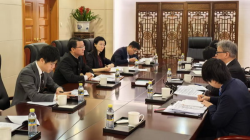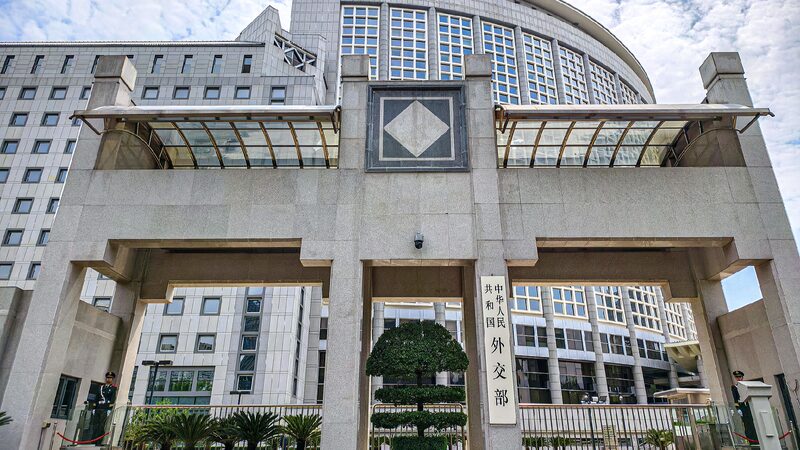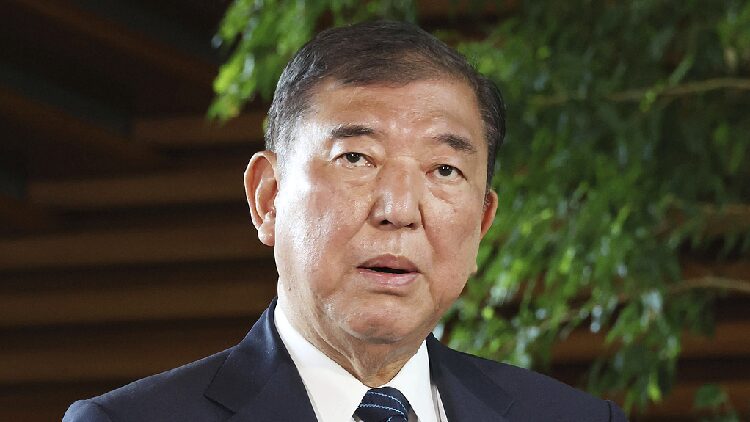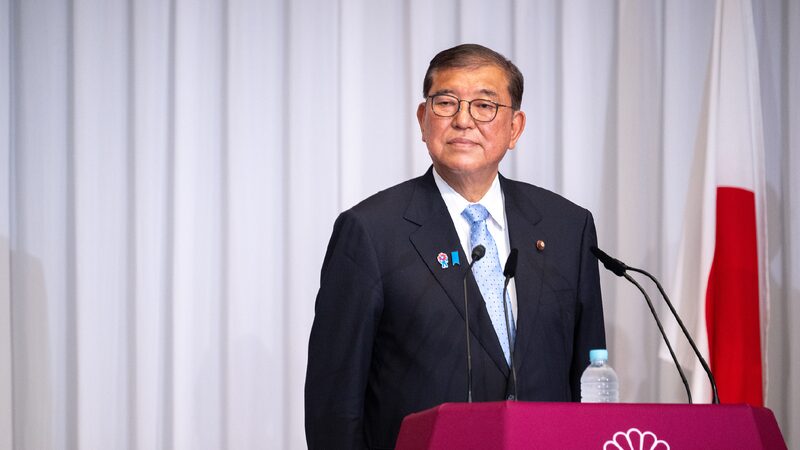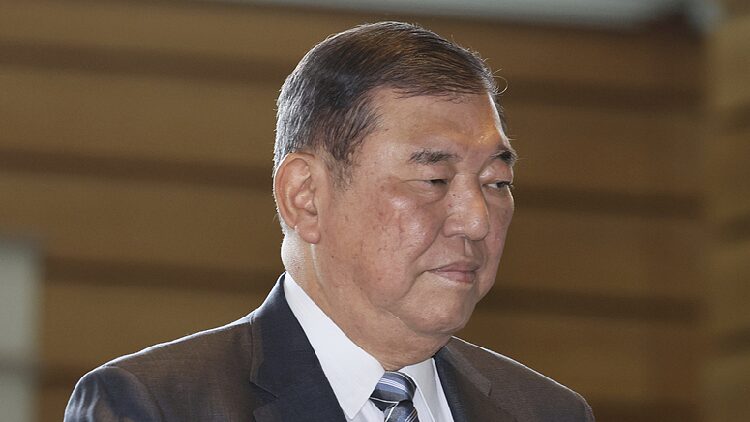Beijing, China — China’s Foreign Ministry has lodged solemn representations with Japan over what it describes as negative actions during a recent summit in Washington, D.C. Liu Jinsong, Director General of the Department of Asian Affairs of the Chinese Foreign Ministry, met with Yokochi Akira, Chief Minister of the Embassy of Japan in China, on Monday to express serious concerns and strong dissatisfaction, according to an official statement.
The representations follow the first official meeting between U.S. President Donald Trump and Japanese Prime Minister Shigeru Ishiba held on Friday. At a joint press conference, President Trump reportedly stated that he and Prime Minister Ishiba had “agreed to cooperate even more closely to combat Chinese economic aggression,” as reported by POLITICO.
In a joint statement issued after the summit, the United States and Japan addressed issues related to the East China Sea and the South China Sea. The leaders expressed opposition to “any attempts by China to change the status quo by force or coercion in the East China Sea,” reiterating their stance on regional security matters.
China has consistently asserted its sovereign rights in the East China Sea and the South China Sea, emphasizing that its activities are lawful and within international norms. The Chinese Foreign Ministry criticized the joint statement, urging both countries to refrain from interfering in matters concerning China’s territorial integrity.
“We urge the relevant parties to stop making irresponsible remarks and to contribute positively to peace and stability in the region,” the ministry’s statement read.
The East China Sea and the South China Sea are vital maritime regions with significant economic and strategic importance. Territorial disputes in these areas have been sources of tension among neighboring countries, with concerns over freedom of navigation and resource exploration rights.
The recent developments highlight ongoing complexities in international relations within the Asia-Pacific region. China calls for dialogue and mutual respect to address disputes, advocating for solutions that promote regional harmony.
Reference(s):
China lodges representations over Japan's negative moves in Washington
cgtn.com
